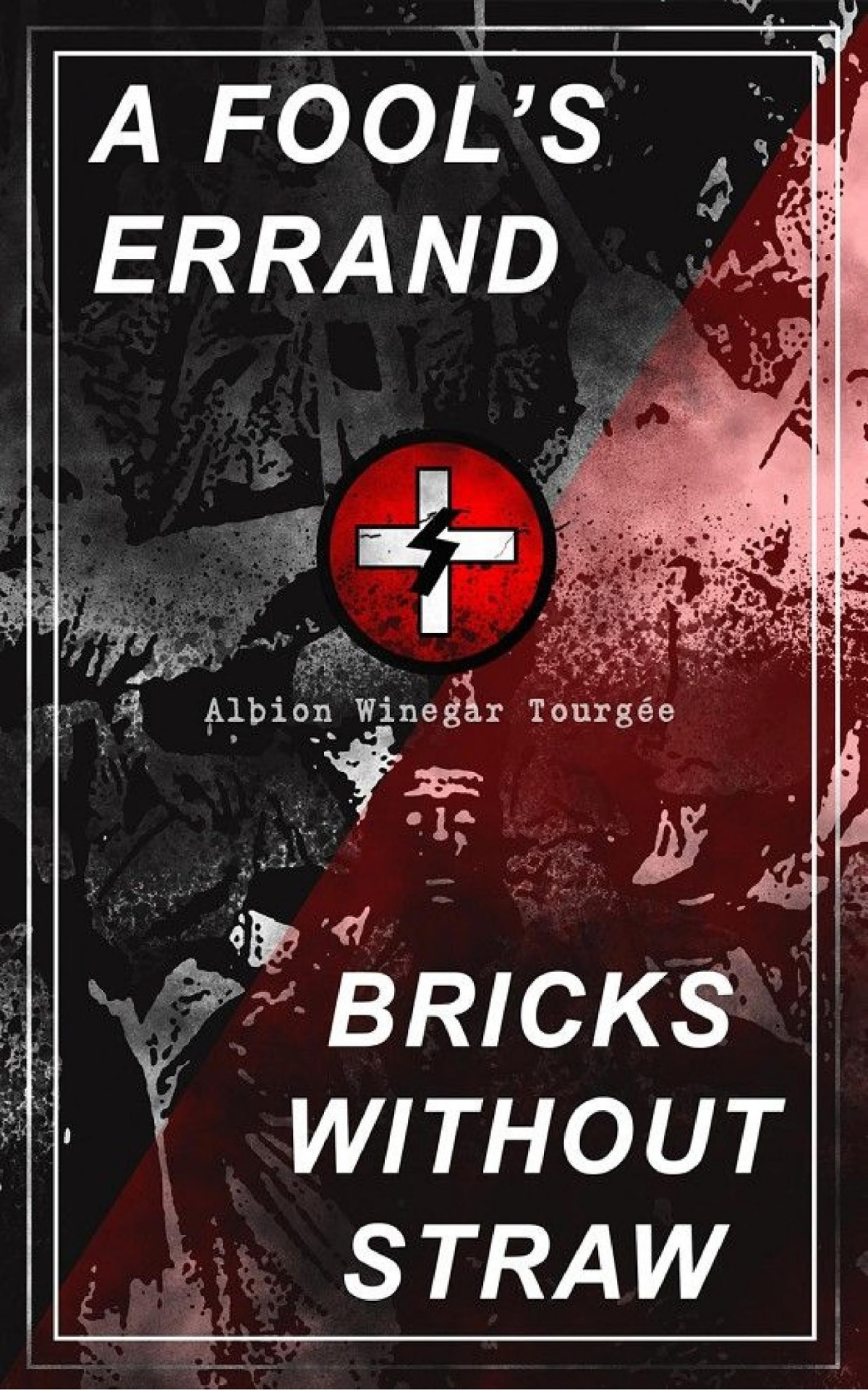

Most ebook files are in PDF format, so you can easily read them using various software such as Foxit Reader or directly on the Google Chrome browser.
Some ebook files are released by publishers in other formats such as .awz, .mobi, .epub, .fb2, etc. You may need to install specific software to read these formats on mobile/PC, such as Calibre.
Please read the tutorial at this link: https://ebookbell.com/faq
We offer FREE conversion to the popular formats you request; however, this may take some time. Therefore, right after payment, please email us, and we will try to provide the service as quickly as possible.
For some exceptional file formats or broken links (if any), please refrain from opening any disputes. Instead, email us first, and we will try to assist within a maximum of 6 hours.
EbookBell Team

5.0
68 reviews"A Fool's Errand. By One of the Fools" – After the American Civil War, Comfort Servosse, a Yankee gentleman, decides to purchase a Southern Plantation for himself and his family. But unlike other white owners, Servosse is actually interested in the well-being of his black subjects to the extent of calling the KKK (Ku Klux Klan) a terrorist organisation and blaming Theodore Roosevelt for the failure of Reconstruction of South! Soon enough, Servosse finds himself amongst his angry white neighbours and things take a dramatic turn…
"Bricks Without Straw" (A Sequel) – In a chilling sequel to "A Fool's Errand", Albion Winegar Tourgée shows how KKK unleashed their terror on a group of emancipated slaves who want to start their life afresh by buying new land and starting their own businesses. Suddenly out of nowhere, Klan's terrorism begin new wave of slavery and nothing seems to stop them!
Albion Winegar Tourgée (1838–1905) was an American soldier, Radical Republican, lawyer, writer, politician, and diplomat. A pioneer civil rights activist, he founded the National Citizens' Rights Association, established the historically black women's college Bennett College, and litigated for the plaintiff Homer Plessy in the famous segregation case Plessy v. Ferguson (1896). Historian Mark Elliott credits Tourgée with introducing the metaphor of "color-blind justice" into legal discourse.